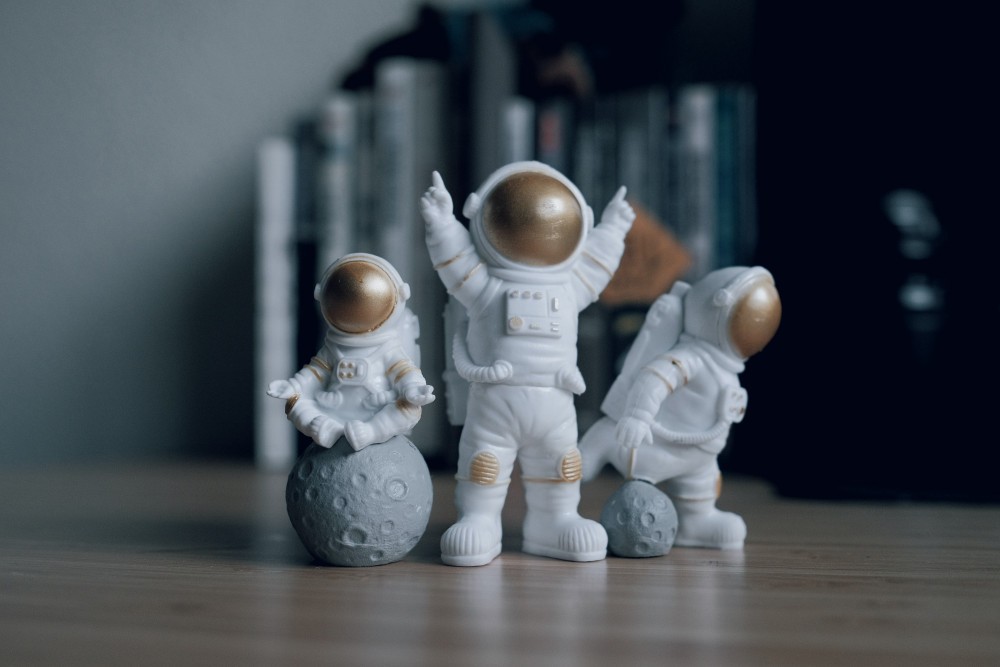“Tough and Competent”

A few months ago, I posted in this blog about how I submitted my applications for one of the 6 positions in the coveted ESA astronaut corps. If you missed the start of this journey, you can find it here: An astronaut? Me?. Today I’m writing again to tell you how the process is going and what happened with my application.
The second phase of the ESA astronaut corps selection process is now underway. To everyone’s surprise, even ESA, the number of applications has far exceeded the initial forecast: 22,523 candidates have applied, of which 24% are women. A total of 1,361 candidates were invited to the second phase, representing just 6% of the people who applied. They said that passing the first phase was, statistically, the most difficult part, and in this case, the math hasn’t failed me (but ESA has). Much to my mother’s relief, shortly before Christmas I received the dreaded “We regret to inform you that you have been rejected”. It came as no surprise because that was, statistically, the most likely outcome, even though my family was already picturing me walking on Mars. It wasn't a disappointment either because when I submitted my application I was 99.99% sure I wouldn’t make it in... But what if that 0.01% came out on top? That shadow of doubt was too tempting to let it slip away. In my mind, not trying was much worse that hearing a “no”.
The people who have been selected have amazing profiles and, in general, more than the minimum experience required by ESA, which is precisely what a applied with. Becoming an astronaut is a dream, not an obsession. I think it’s very important to make that distinction, because dreaming helps you set goals, while not leaving you frustrated along the way. If it wasn't meant to be, then you have to set new goals that come close to that unattainable dream. With that philosophy, my next steps are: learning, improving and growing (personally, I mean; I gave up hope on growing physically long ago). This was definitely not my moment: I’m just a youngster with too much left to learn. With luck, I’ll be a more solid candidate 10 years from now. But let's stop talking about me; let's focus on the people who did pass that dreaded first-round cutoff.
As I mentioned, 1,361 lucky people were invited to the second selection round, of which 39% are women. In Spain, specifically, there 67 candidates moved on, with gender percentages very similar to the European figures. Fewer than 25% of the applications came from women, which is a big difference compared to male candidates, yet the percentage of women invited to the second round increased to 40%, highlighting the strength of the female candidates. The number are somewhat in line with the statistics for women studying STEM degrees, where they represent less than a quarter of the students in these fields. It would be extremely important, to turn these numbers around, for an astronaut corps to present an equal percentage of men and women, to help motivate girls who are wondering whether STEM degrees are right for them.
The second selection phase consists of a battery of tests in which the candidates demonstrate their “psychological performance” with cognitive, technical, physical coordination and personality tests. These tests are followed by a series of psychological interviews and group tests before the start of the medical tests. If after all that they are still in the process, those selected will be given a group interview that will measure their technical and behavioral skills and, finally, the must meet with the ESA Director General. Those selected include engineers, physicians, biologists, doctors, pilots... All of them with complete and excellent educations in every sense of the word.
What’s the takeaway from all this? That it is a tremendously complicated and demanding process, where even people with 2 master’s degrees, 1 PhD and 7 languages were left out (it wasn't hard to imagine that I wouldn't make the cut). The good thing about working in the space industry is that there are millions of opportunities, where being an astronaut is just the tip of the iceberg. If you decide to follow your dreams, all you need, as the Apollo engineers used to say, is to be “tough and competent” in everything you do. We’ll try again next time!
Author: Inés Sánchez